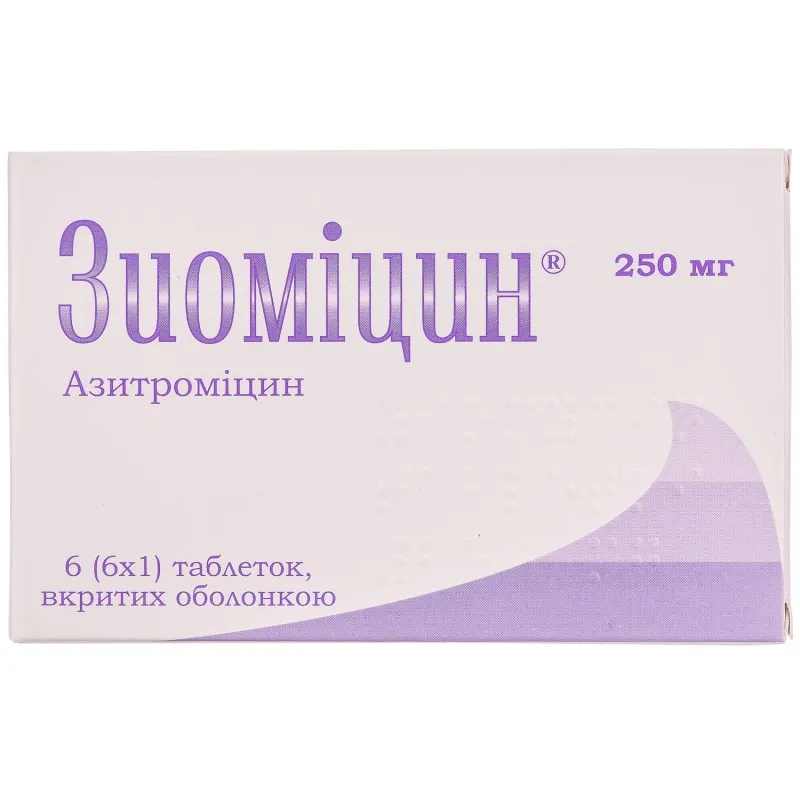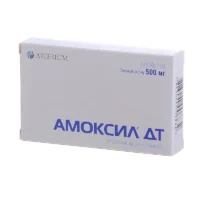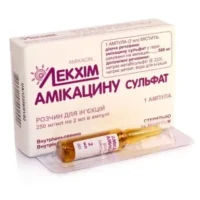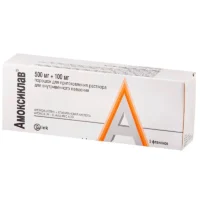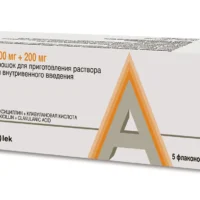Description
Ziomicin (Azithromycin) Coated Tablets 250 mg. №6
Ingredients
Each coated tablet contains 250 mg of azithromycin.
Dosage
The usual dosage of Ziomicin (azithromycin) is one 250 mg tablet once daily.
Indications
Ziomicin (azithromycin) is indicated for the treatment of bacterial infections caused by susceptible microorganisms.
Contraindications
Do not use Ziomicin (azithromycin) if you are allergic to azithromycin or other macrolide antibiotics.
Directions
Take Ziomicin (azithromycin) as directed by your healthcare provider. Do not crush or chew the tablets; swallow them whole with a full glass of water.
Scientific Evidence
- Azithromycin has been extensively studied and proven effective in treating a wide range of bacterial infections. Research published in the Journal of Antimicrobial Chemotherapy demonstrated the efficacy of azithromycin in the treatment of respiratory tract infections.
- Clinical trials have shown that azithromycin is well-tolerated and has a high success rate in eradicating bacterial infections. A study in the International Journal of Infectious Diseases highlighted the effectiveness of azithromycin in the management of skin and soft tissue infections.
Additional Information
- Storage: Store Ziomicin (azithromycin) tablets at room temperature away from moisture and heat.
- Side Effects: Common side effects may include nausea, diarrhea, and abdominal pain. Consult your doctor if any side effects persist or worsen.
- Precautions: Inform your healthcare provider about any existing medical conditions or medications before taking Ziomicin (azithromycin).

